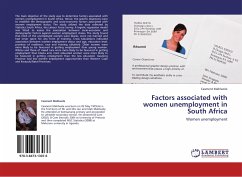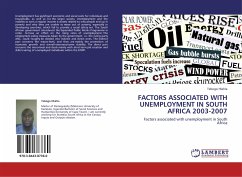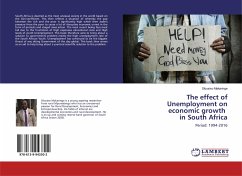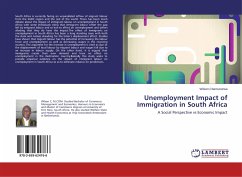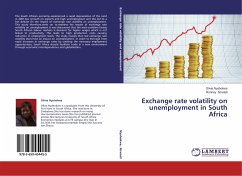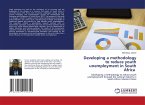The main objective of the study was to determine factors associated with women unemployment in South Africa. Hence, the specific objectives were to establish the demographic and socio-economic factors associated with women employment status. The study utilized the data collected by Statistics South Africa, the Labour Force Survey. A logistic regression model was fitted to assess the association between socio-economic and demographic factors against women employment status. The study found that most of the unemployed women were blacks, were not married and had never gone for any form of training. Cross tabulations indicated association between women employment status and age, education level, province of residence, race and training obtained. Older women were more likely to be favoured in getting employment than young women. Whites and those of mixed race were more likely to be favoured in getting employment than blacks and, most educated women were more likely to be favoured in getting employment than the less educated. Gauteng Province had less women employment opportunities than Western Cape and Kwazulu/Natal Provinces.
Hinweis: Dieser Artikel kann nur an eine deutsche Lieferadresse ausgeliefert werden.
Hinweis: Dieser Artikel kann nur an eine deutsche Lieferadresse ausgeliefert werden.

